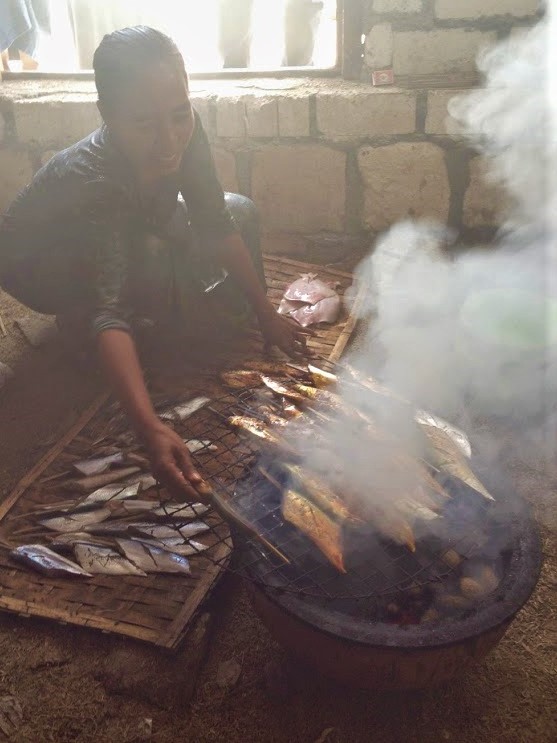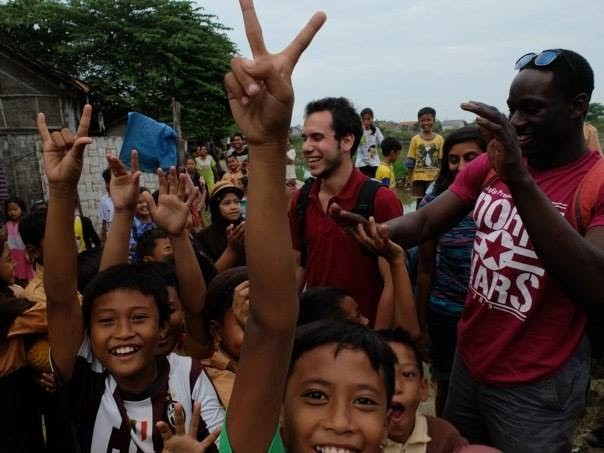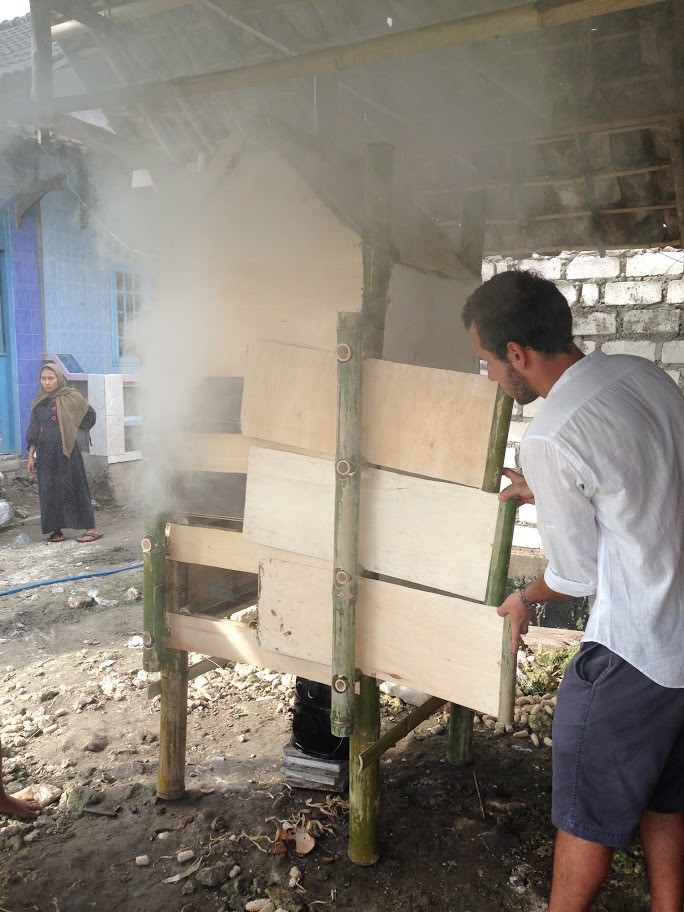PKG IAP Fellowships: Yunus Sevilmi Part I
From Fish to Finance: Impact through Cultural Understanding
As I was going through my interview notes, I realized that the yellow pad had captured our experience in more than one dimension. The paper smelled like the smoke-filled living room of the Javanese woman we spoke with earlier in the day.

Our cheerful interviewee sat on the dirt floor of her house, tending to the fish she had placed on the grill above an open flame, like most of her neighbors did every day. We were in Tuban, a coastal village in the island of Java that relied heavily on fishing income. However, in absence of reliable electricity and refrigeration, smoking was the preferred way to preserve the seafood. “I wish I had goggles.” she chuckled, “Sometimes my eyes get teary.”. Our translator explained as we scribbled notes and the smoke engulfed the room.

Our team of engineering students from Johns Hopkins University went back to Tuban for a second time in 2015, having spent the last 12 months in the US analyzing our findings and developing an outdoors fish smoking oven. Once back in Java, we built our creation, true to the blueprints, out of bamboo, plywood and wire mesh, and hauled it to the village. A group of women and children welcomed us and gathered around as we filled the oven with fish and lit the flame. After about 45 minutes of anxious wait, the final product looked and tasted just like the smoked fish we had been fed many times before. Computer aided design and thermodynamics calculations had won against teary eyes, respiratory infections and wasting time sitting by an open flame! The fish was shared and devoured within minutes and we left the oven and its blueprints with the villagers to be adopted and replicated.


As we corresponded with our local guides in the following months, it was disheartening to learn that our bamboo masterpiece was sitting idle where we left it while the women had gone back to using their homes as a BBQ pit. Our guide explained that the locals actually preferred watching the process and mingling in the meantime. If the oven did the smoking, what would the women do all day while the men were out fishing? We had overlooked a key variable in our calculations: cultural understanding.
Years later, I heard Adam recount his own experience in Myanmar and Thailand at a class at MIT. I was struck by his ability to organize resources in a remote corner of a distant country to help vulnerable populations at scale (You can read his story here). He explained that cultural understanding was the key to success along with being able to see the problem from the local perspective. He had mastered the lesson I had learned years ago the hard way.
Now as partners at Almond Finance, Adam and I work with the rest of our team to tackle the lack of financial inclusion in Southeast Asia. We strive to know the people we serve and their culture closely, well aware that this makes the difference between an idea and tangible, positive impact. Follow the story of Almond Finance at our next blog posts.
Tags: PKG Fellowships, PKG IAP Fellowships, PKG IAP Fellowships 2021, Tech for Good
